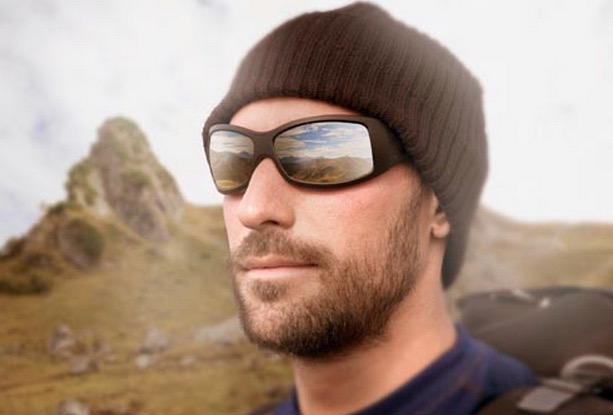Tips for first-time backpackers
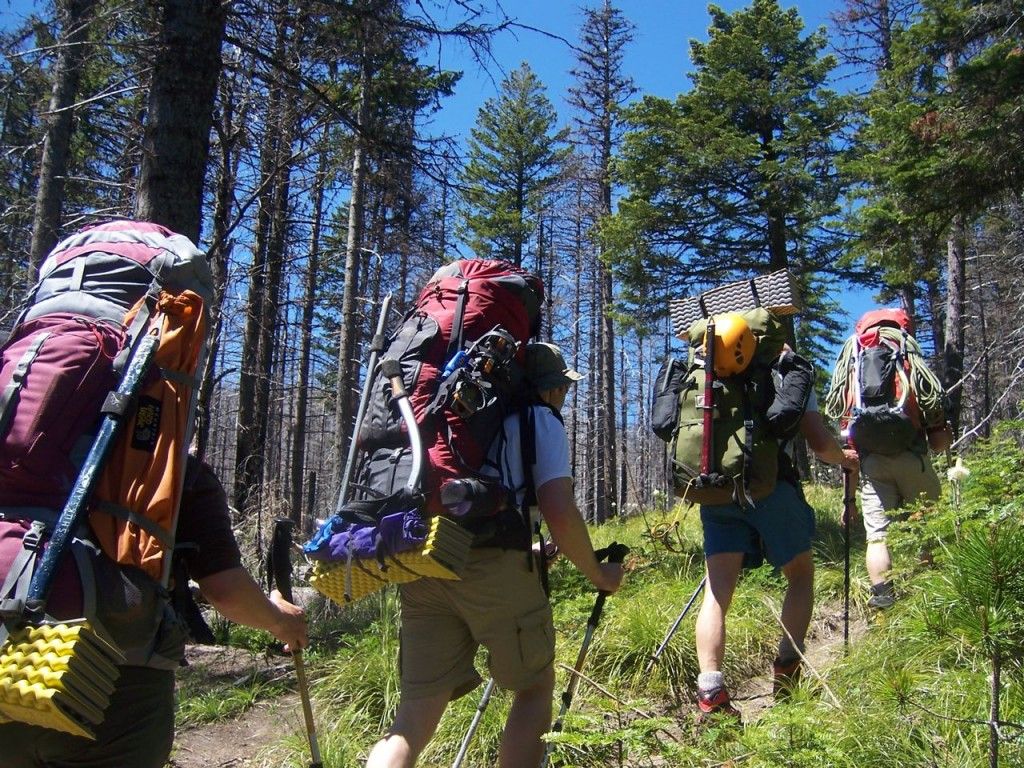
Backpacking is certainly not for the faint-hearted. You need to be prepared to rough it out, allow for flexibility, keep a close watch on your budget and make do with little or even no comforts. But backpacking is also unlike any other travel experience – besides the sights that you see, you will also learn to appreciate the little comforts you enjoy in life and make do with less while building up confidence and resilience.
If you have decided to take that leap of faith and try out backpacking, here are some tips that you will find helpful!
1. Get a good backpack
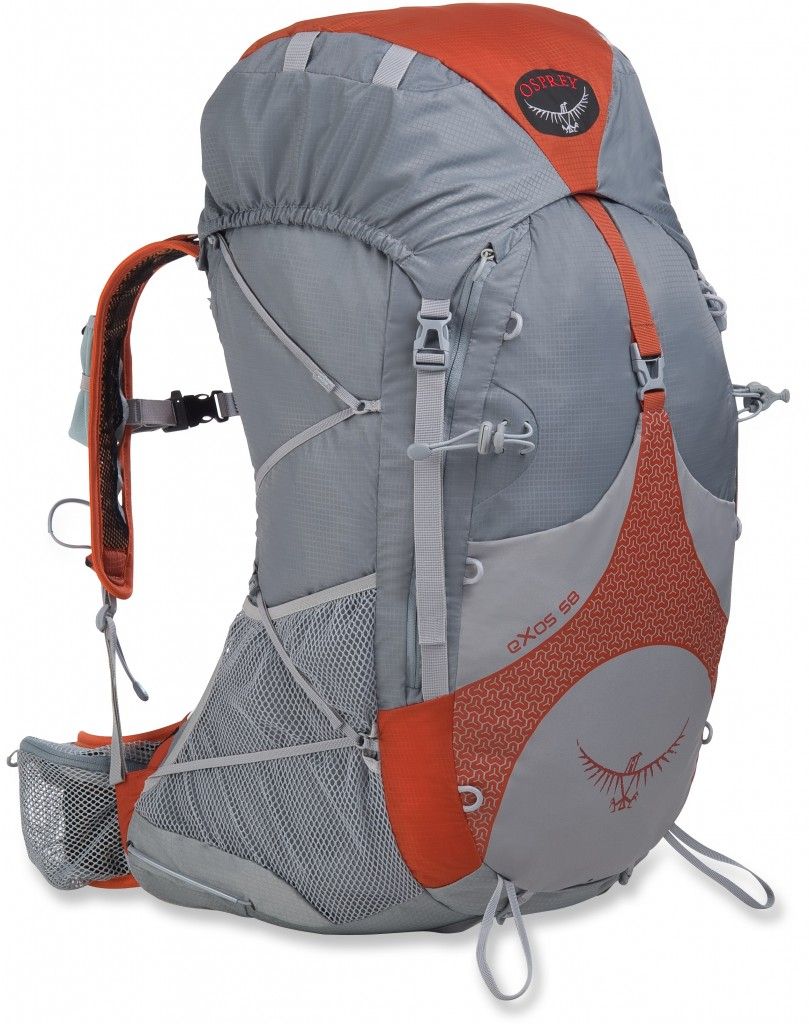
Your backpack will be sticking with you for the entire duration of your trip and is likely to be the only bag that you carry. It is only fair that you get a good quality backpack. An ideal backpack should be water resistant to withstand wet weather, have multiple compartments for you to organise your belongings and have two zippers so that you can lock your bag up. It should also have an internal frame and padded shoulder and hip straps.
The size of the backpack to carry largely depends on your body size – it should be large enough to able to fit the items that you need but not so large that it will weigh you down or even cause injury. That said, you should not carry a backpack that is too small as it may not be able to contain the items that you need.
2. Pack only what you need
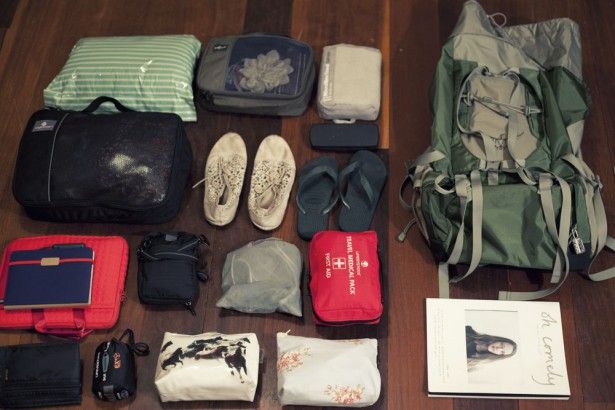
Your packing list is largely dependent on the destination you will be heading to. That said, you should leave items such as jewellery, perfumes and even your laptops behind – such items are non-essentials when it comes to backpacking. Do check the weather conditions of your destination as well as the accommodation you are staying in before deciding which items of clothing to bring. If you will be able to wash your clothes, you can afford to bring less otherwise, pack enough clothing to last you the entire duration of your trip.
Besides clothing, you should also bring enough toiletries and medication as you may not be able to get them easily on the go. You should also bring along snacks as you are likely to get hungry along the way.
3. Plan ahead but allow for changes

Backpacking involves spontaneity and flexibility but that does not mean you do not have to plan ahead. For first-timers, you should book your lodging and transportation in advance so that you can have peace of mind that you have a place to stay and you can get from one place to another. You can also plan which sites you would like to visit during your travels but do allow for flexibility on that front – you may well spend more time than you expect at a particular spot. It is also a good idea to have backup plans so that even when faced with unforeseen circumstances, you will not be at a lost.
4. Photocopies of important documents
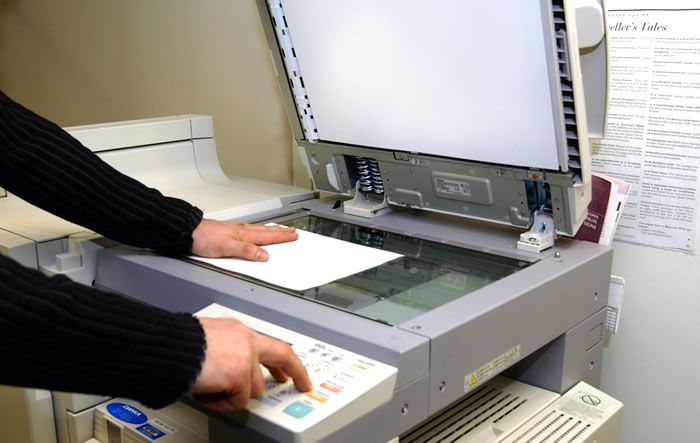
In the event that anything goes missing, photocopies of essential travel items such as your passport and accommodation booking will come in helpful. Do keep your backup copies separately from the original.
5. Go off the beaten path
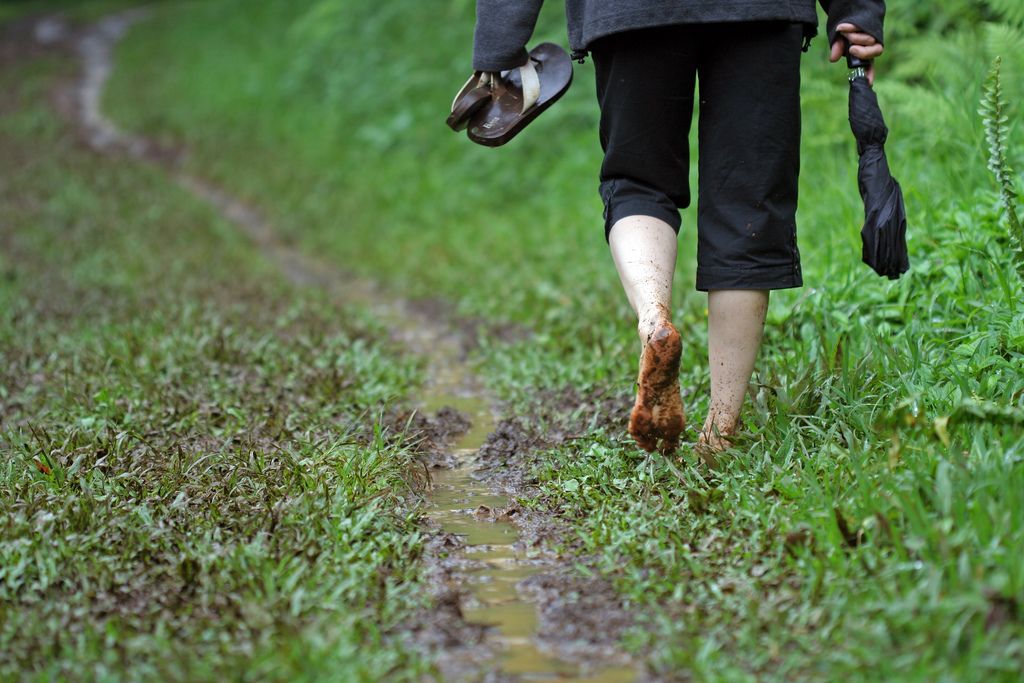
Avoid the touristy spots – thieves often lurk around such areas and tourists are an easy target. You will only stand out with your backpack and catch their attention so do not put yourself through unnecessary danger. Do your research – find out what are some of the hidden gems in your destination and consider exploring such places instead. Be prepared that you may not be able to cover all the 'hidden' places that you may want to visit – it is only part and parcel of backpacking!
6. Bring sufficient cash and monitor your spending

While you should refrain from bringing a large amount of cash, ensure that you have enough to last you the duration of your backpacking adventure. Card payments are not always accepted, particularly in remote locations. Besides, it is easier to keep track of your spending with cash so if it helps, bring an amount that you deem sufficient and try to make it last for the entire duration. Remember that backpacking is not luxury travel.
[icegram campaigns=”612″]





